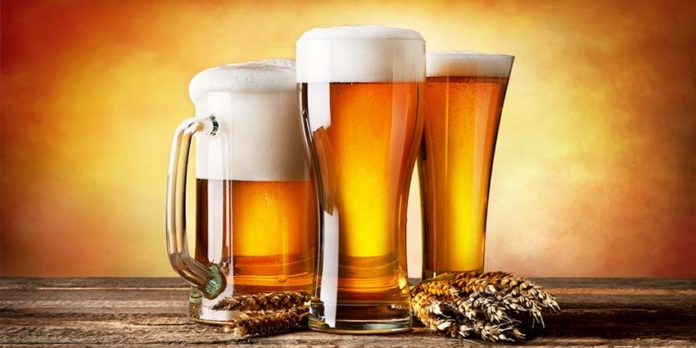This is Scott Amyx with today’s Climate Change Flash Briefing.
Another hard days work. You just want to relax with your favorite beer and watch a game. But what happens if your beer starts to lose its great taste?
To make great beer, you need water, yeast, hops and barley. Almost 142 millions bushels of barley are produced for beer making but barley is fragile. They need just the right amount of water and cool temperatures. Storms can destroy crops overnight.
Climate change is unbalancing the art of making great beer. There are more droughts, heat waves or overall warmer temperatures. In these conditions, barley yield goes down as much as 95 percent. The starch level goes up, making the sugar water that gets fermented into beer too gloppy. The proteins in the seeds increase. There’s not enough starch to make into beer. And there’s not enough enzyme to break down the starch into sugar to feed the yeast. According to research, this could lead to the price of beer to double and decrease in worldwide beer consumption by 16 percent. And the worse part is that beer just won’t taste the same.
Even the beer companies are taking steps. They’re developing barley genes that can withstand less rain and 100 plus degree temperatures. Anheuser-Busch InBev director of global barley research comments, “The climate today drives disease pressure, drives environmental stresses and they will change in the future. As climate changes, we have to be ready for that so we have good barley production.”
For wine lovers, the situation is the same. So if you love beer or wine, the solution is to move away from fossil fuels to clean, renewable energy in order to slow down the effects of climate change.
Stay tuned next time to find out why your beer, wine, table salt and drinking water might be contaminated with microplastics.


















